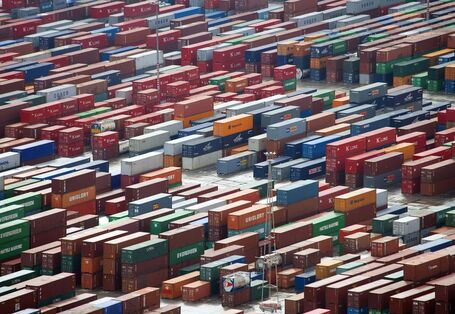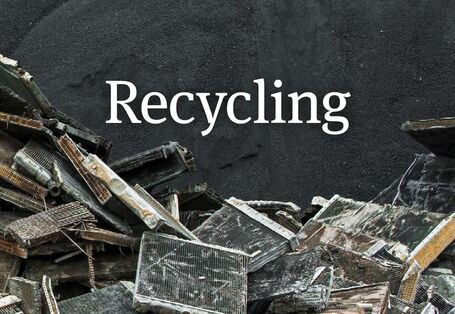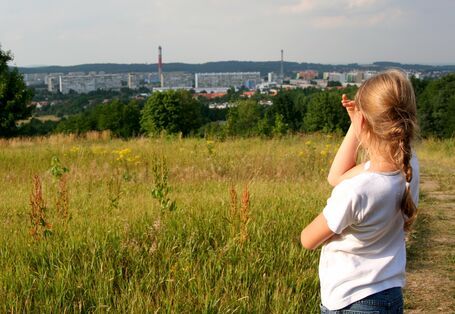Press
Press releases
361–372 of 728
Climate change abroad also affects the German economy

Germany is a major player in international trade. It makes our economy vulnerable to the impact of climate change in other regions of the world. The German Environment Agency (UBA) has completed a first-ever study of the climate risks for international trade relations. The study claims that the risks of climate change occurring abroad affect Germany's economy, too.
Higher quality plastics recycling is necessary

Now available in English: UBA's biannual "What Matters" magazine covers current topics in environmental protection. The first edition “Recycling” takes an in-depth look at the circular economy in Germany with a special focus on plastics. The magazine offers data and facts and discusses current problems and possible solutions in Germany’s circular economy.
Official travel by Federal Government and federal agencies is climate neutral

The German Federal Government compensates for the climate gas emissions of its official trips. To do so the German Environment Agency (UBA) acquired and cancelled emissions credits worth roughly 300,000 tonnes of CO2 for official travel in 2017.
First national competition for sustainable urban logistics

Federal Environment Minister Svenja Schulze presented awards to the winning projects of the National Sustainable Urban Logistics Competition which the Federal Ministry for Environment launched together with the German Environment Agency. The competition distinguishes innovative logistics strategies that foster environmentally and climate-friendly transport in urban areas.
Raw material consumption increases once again – to 16.1 tonnes per capita and year

UBA recommends a reduction of VAT on resource-efficient goods and services
Another toy awarded with the Blue Angel

The Federal Ministry for the Environment (BMU) and the German Environment Agency (UBA) awarded the Blue Angel ecolabel to the Bioblos children's construction blocks from Austria at a ceremony in Berlin today. It is the second toy to be awarded the Blue Angel.
Award ceremony for winners of 7th German Federal Ecodesign Award

Winning projects include sustainable silk production, a modularly constructed smartphone, an electric retrofittable bicycle engine, and an initiative to dispense free tap water for people on the move.
High costs when environmental protection is neglected

One tonne of CO2 emissions causes damage worth 180 euros.
Only few waste household appliances are properly collected for recycling

Germany narrowly missed the collection rate of 45 percent for waste electronic and electrical equipment (WEEE) in 2016. Large household appliances in particular are not being collected in sufficient numbers.
Federal Government strengthens relations between urban and rural areas

The city and the countryside are closely interlinked, for example through daily flows of traffic and goods. In everyday practice, however, problems are common. The Federal Ministry of Education and Research (BMBF) is now launching the “Stadt-Land-Plus” funding measure and already providing support for twelve collaborative projects between science and practice across Germany to implement new ideas.
EU member states need to step up the fight against antibiotics in the environment

German Environment Agency presents seven priority areas for action
Minister Schulze presents plan for glyphosate phase-out

The Federal Ministry for Environment has presented a plan for the gradual phase-out of the use of the broadband herbicide glyphosate. The Use of Pesticides Ordinance will be amended for this purpose. The German Environment Agency as competent body for the authorisation procedure seeks to make the authorisation of products which harm biodiversity contingent upon certain conditions of their use.